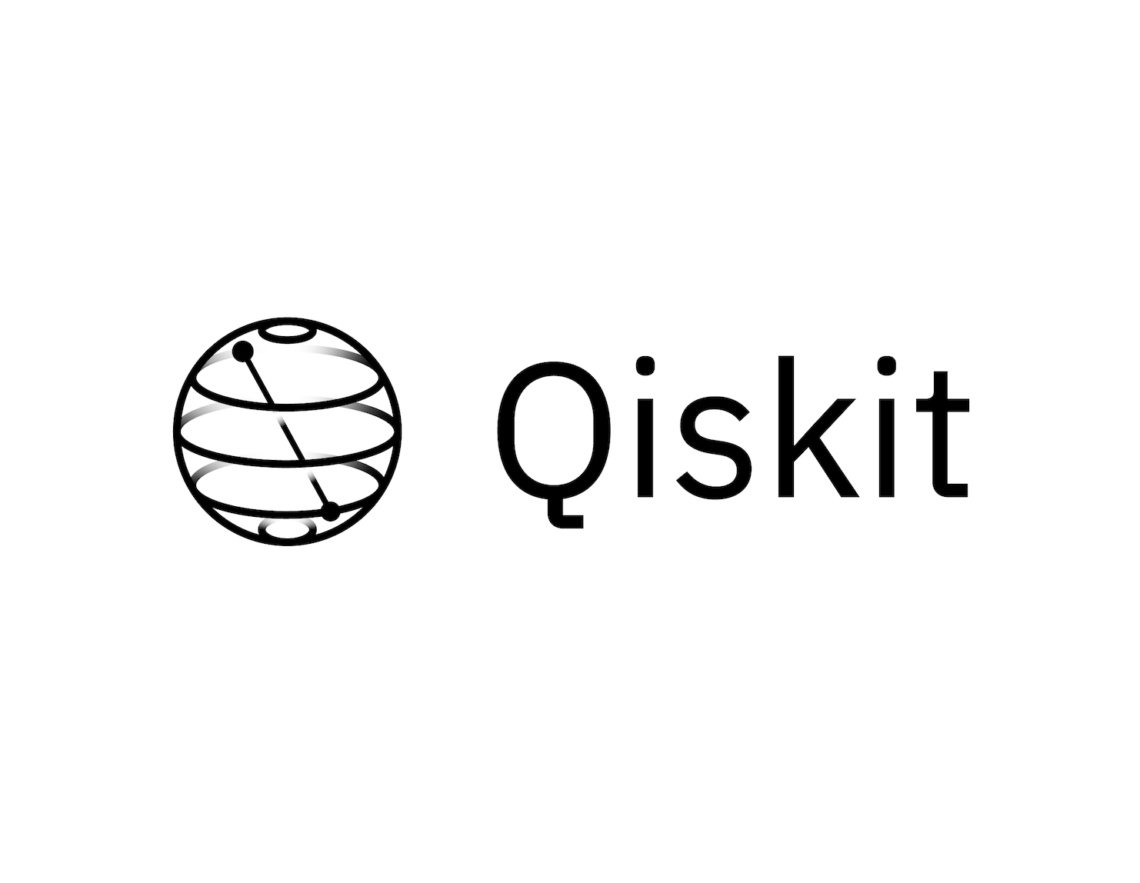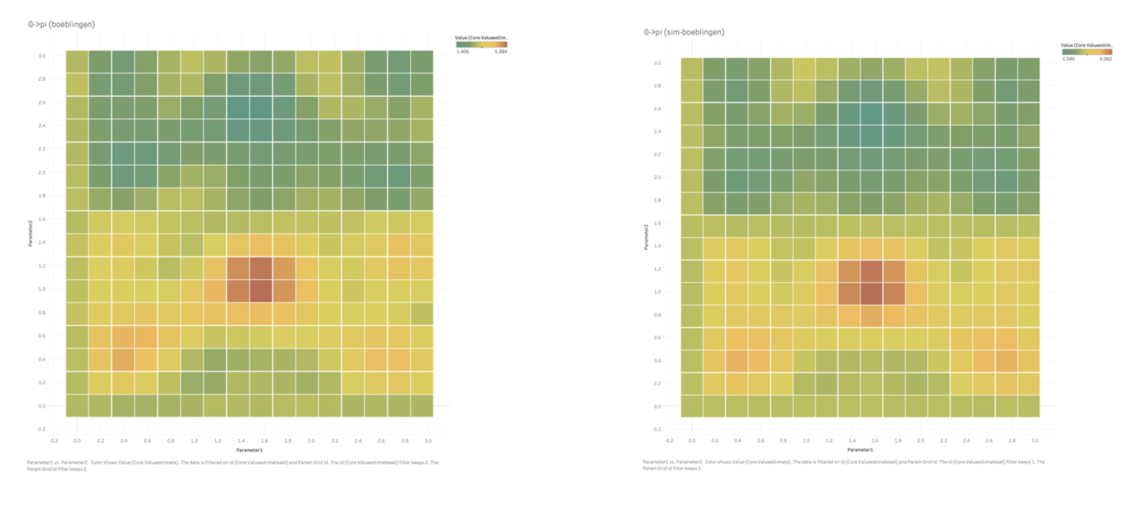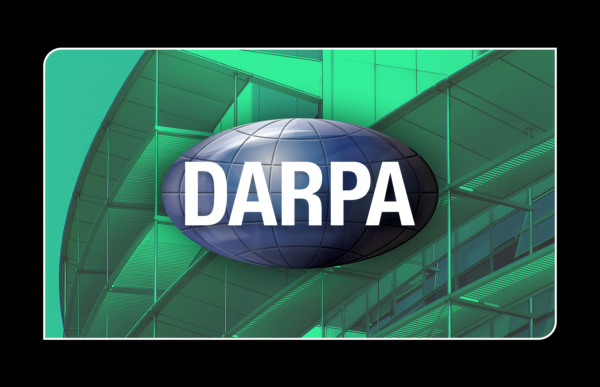Zapata Announces the Integration of Qiskit and Orquestra
Orquestra users can leverage Qiskit, the most popular open-source quantum computing SDK, in their workflows.
Developing algorithms and applications for near-term quantum computers is hard and has spurred much research in recent years. However, applying those insights toproblems of practical interest remains a daunting challenge, as coding up algorithms in a highly-performant and scalable way can be nontrivial. What’s more, as quantum software evolves, results generated by one version may not be reproducible with later versions. Additionally, quantum programming often requires a developer to be a “quantum native,” and have specialized knowledge or expertise in quantum computing.
Today, Zapata has made the integration of Qiskit and Orquestra available via the qe-qiskit package. Together, Orquestra and Qiskit provide a frictionless path for quantum developers, allowing them to go from concept to a quantum workflow very easily. Orquestra abstracts the complexities of handling large datasets or working with many pieces of software, by codifying each step into containerized tasks, and exposes a simple programming language for declaring and controlling workflows.
This integration enables Orquestra users to leverage Qiskit functionality as part of their workflows. Qiskit provides developers a platform to build applications by providing them with tools such as pulse-level control, state-of-the-art compilers, and advanced algorithms. Qiskit is especially well suited to workflow systems because of its robust support for serialization, enabling “mix-and-match” approach of data and code within a Qiskit-enabled workflow.
The initial release of qe-qiskit exposes three types of components from Qiskit:
- Providers: Running applications on real hardware is essential for understanding the viability of an application on real quantum computers. Orquestra users can run calculations on any backend accessible via a Qiskit provider. This includes the IBM Quantum provider, giving Orquestra users the ability to run quantum circuits and experiments on real IBM Quantum systems. Readout correction provided by Qiskit’s noise characterization module is directly integrated in order to provide the best performance.
- Simulators: Simulation enables rapid prototyping of an application. Qiskit’s simulators can be deployed within Orquestra workflows, including those which account for device noise. Qiskit’s default functionality for building noise models from a backend’s calibration information — as well as custom noise modeling — is exposed in this integration.
- Optimizers: Efficient, noise-robust optimizers are crucial for variational quantum algorithms. This integration exposes the SPSA, ADAM, and AMSGRAD optimizers provided by Qiskit as components that can be used in a workflow. This integration allows Orquestra to automatically track how a cost function and variational parameters change during the optimization.
In collaboration with IBM Quantum, Zapata is using Orquestra to do research on application benchmarks for quantum systems. Using IBM Quantum’s systems and Orquestra, we have studied how the variational quantum factoring (VQF)algorithm can be used to understand the holistic performance of a quantum computing system. In brief, VQF is a quantum optimization algorithm for factoring, using a reformulation of factoring as an optimization problem. VQF uses the heuristic Quantum Approximate Optimization Algorithm (QAOA) to obtain the prime factors of a number. Below, is shown a cost function landscape associated with a particular factoring instance on three qubits. These experimental results (shown on the left) agree very well with the landscape obtained from a circuit simulator (shown on the right). Both of these results were generated using the qe-qiskit package.
The integration of Orquestra and Qiskit is an important step towards making quantum more useful to business and in achieving quantum advantage in applications. With Orquestra, Qiskit, and Qiskit-supported back ends including IBM Quantum systems, you can write workflows today that allow you to run state-of-the-art quantum algorithms on the latest devices in a repeatable, extensible, and modular way. This means less time down in the weeds and more time discovering new insights, and a shorter path to deploying the benefits of those insights to the real world.
Orquestra is currently in early access for enterprise teams. More information can be found here.




